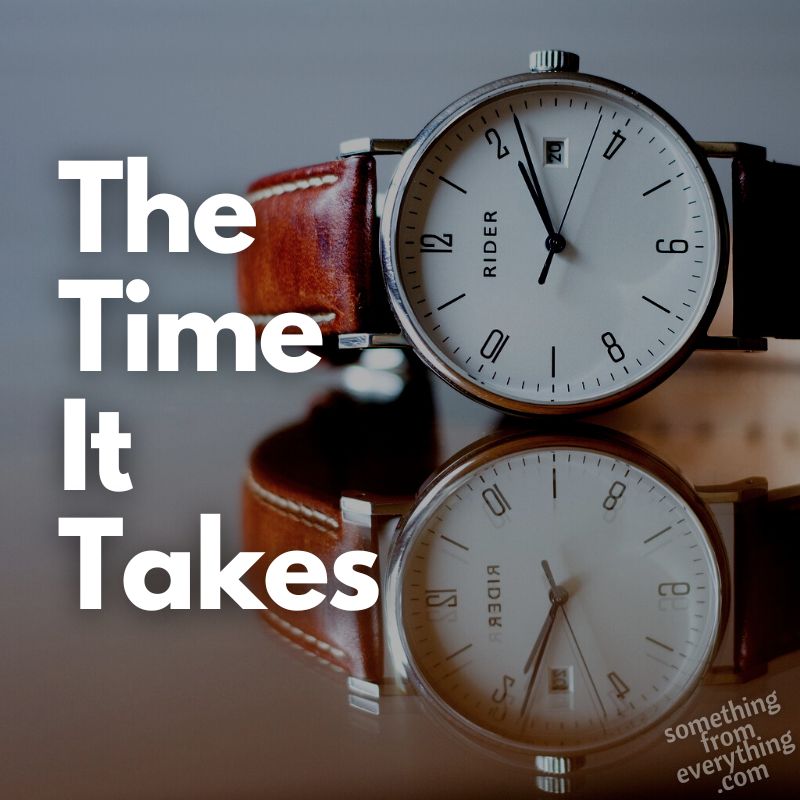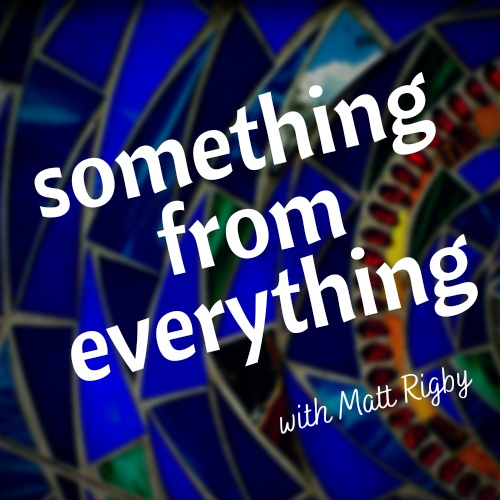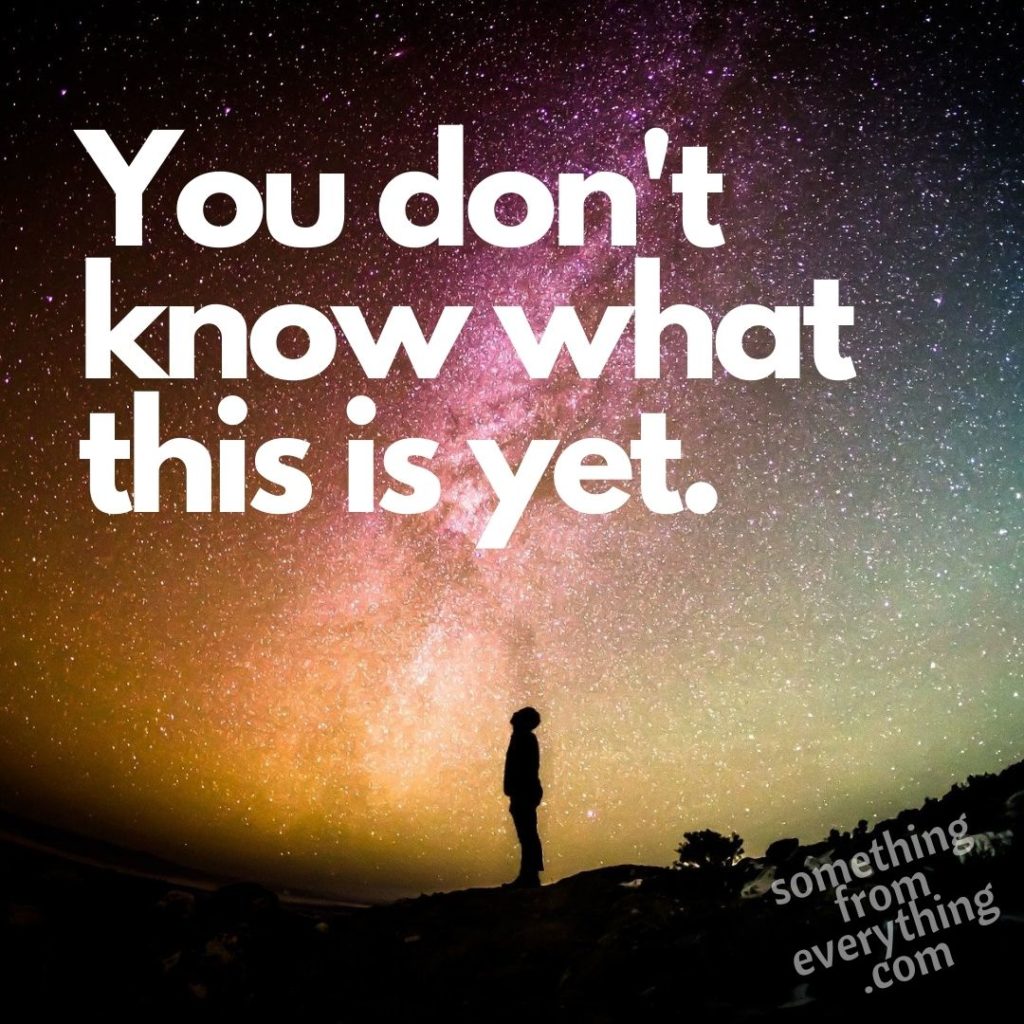
The fall was entirely my fault.
It was July, and our decision to camp near Lake Chilliwack was centered around the surrounding mountains and extensive hiking options. The day’s excursion was to the top of nearby Elk Mountain. It was only 3.5 kilometers from the parking lot to the summit, but hidden in that very pedestrian sounding distance was a demanding 800 meter elevation gain.
At the start of the trailhead I selflessly offered to take the leash for our excited pup, and selfishly attached said leash to the waist strap of my hiking backpack. 60 lbs of furry, slobbering, whining, barely constrained excitement became my own personal beast of burden, continuously pulling me forward up the mountain, my arms once again free, hiking poles stabbing rhythmically beside me.
Even with the (considerable) assistance, I was panting and breathless by the time we reached the summit.
By the time we had refueled and rehydrated, I was no longer breathless. But I was exhausted. The heat and elevation had spent me, leaving me weary even before beginning our return. We began our slow, cautious, thigh burning descent, and the worst guide dog in existence remained foolishly tethered to my waist strap.
I hardly remember the fall. A ledge of no more than 3 feet appeared in front of me, and I turned suddenly to the left to side step it, at the exact moment that my beloved dog leapt over the ledge, pulling me unexpectedly forward and downward with such momentum that I fell hard on my right chest, and was dragged along the ground for several feet.
For the longest moment there was only the panic of being unable to breathe. Bent over on all fours, head low, flirting with losing consciousness. My mind screamed at my body to take a breath, and also calmly reminded myself that it would be a few seconds until I would be able to do so. When I could finally breathe, I heard the gasping, agonizing cry as if it were coming from someone else.
Breath returning, I sat up and stared at my left hand. The pain to my chest was so all consuming, that I saw my disfigured digit before I felt it. My thumb had become tangled in the wrist strap of my hiking pole, and was now turned unnaturally sideways. I took a deep breath and returned it to (more or less) proper alignment. All while the adrenaline was still surging through my body. All before any member of my family had reached me.
It was a long, painful hour until we reached the car. Another hour until we had reached the hospital, and many hours before an Emergency physician would wrap my thumb in a splint and tensor and tell me that I had fractured the distal tip of my thumb, but that it was (more or less) in proper alignment. What he did not say – what he did not see behind the swelling, high patient demand and short staffing was that I had also severed my ulnar collateral ligament, requiring imminent surgical repair. It would be two whole weeks until this information was discovered at a follow up appointment.
I was squeezed into surgery the next day. The plastic surgeon reconnected my already receding tendon, and placed my hand in a (new) immobilization splint. After the two weeks in the initial splint, I would be in the second splint for six weeks. Then a month in the third, and the beginning of hand therapy.
I suddenly had the summer off. A difficult feat in most professions, nearly impossible in nursing. I would not be able to return to my regular work in the emergency department for another two months, until my ligament had the strength to handle the strain of regular work, and the stability to remain attached if my hand was unexpectedly grabbed, hit, or overextended during an emergency (all distinct possibilities).
I lost track of the number of times coworkers joked that I had fallen on purpose. Made the calculated decision to throw myself down the cliffside for an extended vacation A thousand variations on “anything for a few days off, hey?”.
I admit, it was not horrible. My days were early morning walks before the rest of the house had awoken (with my partner holding the dog’s leash), extended afternoons reading in the backyard or beach, sitting out on the deck with my family playing cards, and picking up my love from work in the sunny afternoons to explore each and every new microbrew that had recently sprung up.
But neither was it ideal. I was frequently frustrated with my new limitations. Future camping trips were cancelled. Biking and swimming (two of our most frequent summer activities) were impossible, and pain was a constant for the first few months. Previously routine activities were unexpectedly difficult. I couldn’t grip socks with two hands, shirt buttons were nearly impossible, turning a pepper mill was a challenge. Each and every day I would discover a new mundane activity that was now challenging or impossible.
More than anything though, I began to wonder if my hand would ever return to its former state. Progress felt agonizingly slow; exchanging one splint for another hardly felt like forward movement. It was two months before I was even allowed to move my thumb, and when I finally could, I spent hours flexing and extending it, watching as it moved unevenly by a meager few degrees despite considerable pain and effort.
Every few weeks I checked in with my hand therapist and received a new regimen of exercises and stretches. Each time she inquired about my pain and daily activities, and would measure my grip strength and angles. Each time she was happy with my progress, but I always wanted more. I worried that my sensation felt abnormal, or that my thumb would become fatigued after only a few exercises, or that my flexibility or strength wasn’t where it should be.
My therapist, with decades in this particular, specialized field, with a wealth of knowledge and experience, placed a hand over my splint and held my gaze.
“It’s fine, Matt. Really. You’ve done what you can. It just takes time”.
I wonder how many of us need to hear those words.
I know we’re just talking about a thumb. My thumb. And my specific accident and surgery and recovery. But I can’t help but wonder, how many of us are staring at that thing that is wounded, that thing that is in recovery, willing it and wishing it to heal, to advance, even to return to what we enjoyed before. Maybe it’s your own injury, maybe it’s a wound from the past that won’t stay past, maybe it’s a relationship, maybe it’s your community or even all of society. How many of us are impatient, frustrated at the seemingly glacial pace of progress – if we even believe that progress is occurring at all?
I’m not naive enough to think that time heals all wounds. Left untreated, time will only cause some untended wounds to fester. Had my tendon not been reattached properly, had I not been splinted, and resplinted (and respinted) properly, had I not received and practiced helpful stretches and exercises, time would not have been kind to this wound. We (and others) have a considerable role in our healing.
But sometimes everything that can be done, has been done. You have done all you can, and all that remains is time and patience. The average recovery time for my injury and surgery is three to four months before grip strength returns, but up to a year before “full recovery”. I needed time and patience. Now, nearly five months after my injury I can see and feel the progress, but I still get impatient.
It will take the time it takes.
There is no established timeline for some recoveries, of course. But with certainty we can say that it will not come as quickly as we would like it to. We want to see our growth and healing and progress over minutes, hours and days, not months or years or lifetimes.
But it will take the time it takes.
It takes incredible courage to take the long view. To do all the work and exercises we know how to do, and trust that our wounds will continue to heal in their own time. We might not have the vision to see it ourselves. We might not have that level of trust in time.
But we do not wait alone. Perhaps someone can lend us their perspective. Someone who has gone before us, who cares for our healing and wholeness. When you need them, may you hear the words of someone much wiser, much more experienced than yourself.
May they place their hand upon yours, and look you straight in the eye, and say:
“It’s okay. Really. You’ve done what you can. It just takes time”.
And may they be right.

